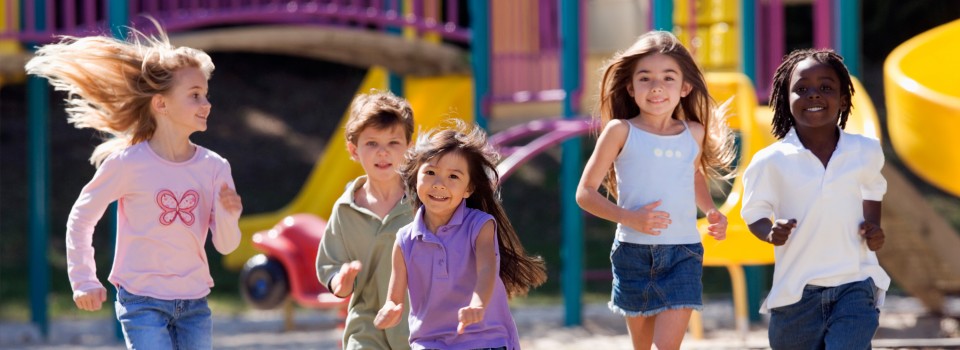
A few weeks back, my sister and her husband had to have a conversation with their daughter that no parent wants to have. The day had come; it was time to tell their oldest daughter how Grandpa really died. With the advent of social media, it has become increasingly difficult to keep information away from our children. While we dread having to tell our children something that might bring them pain, it is better for them to hear it from us, than someone else. Talking to a child about suicide is scary. Will it hurt them? Will it make them consider suicide as an option? These are real fears that we as parents feel in the aftermath of a suicide.
Stories of multi-generational suicides are common in families that have been touched by suicide. I remember hearing about other suicides in my family after my father’s, all of which were new to me. Only a survivor of suicide can truly understand the fear that presents itself after losing a loved one to suicide. This overwhelming fear that you will again lose someone in the same manner begins to be at the forefront of every thought. I understand that fear, because I have it as well. But here is the thing about multi-generational suicides. They often occurred in a time when NOBODY talked about suicide, and certainly not mental illness. We didn’t understand mental illness as much as we do today. While the stigma of suicide and mental illness still remain, the desire to talk has become increasingly more common.
As silly as it might sound, I think talking to our kids about suicide is a good thing. While I dread having the conversation with my own daughter, I know the importance of initiating open communication about mental illness. I want her to know what depression is. I want her to know what anxiety is. Most importantly, I want her to know that there is nothing wrong with her if she feels sad, lonely, or anxious. I want her to know that she can speak openly about any struggles that she might face. I want her to know that she is not alone. I truly believe that the open line of communication we are having with our children will help decrease the number of multi-generational suicides.
In the event you are struggling to talk to your own children about suicide, I have included the following resources:
Helping Children Understand-The American Foundation for Suicide Prevention
The Society for the Prevention of Teen Suicide




I would also recommend listening to This American Life—episode “Birds and the Bees.” The last segment touches on explaining death and includes talking about suicide.
As bizarre as it may sound I look forward to the open dialogue with our kids and paving the way for a new future in mental health awareness.
Thank you for the recommendation Megan! I will add this to my list of resources:). I too look forward to the open dialogue with my daughter. I hope that it will help her feel less alone in this crazy world!
Thanks so much for the links and post. I too have been dreading the way to talk to my kids, this helps quite a bit.
Talking about depression with someone who never experienced it is like explaining the taste of chocolate to someone who never had any.
Talking to little children about suicide is like telling them not to go with strangers.
We all know that this warning won’t help at all. It is not relatable.
It will though produce a lot of neurotic children, but we already accomplished that anyways. All is talked and explained. No more room for the heart!
Maybe there is an approach to raising wholehearted children?